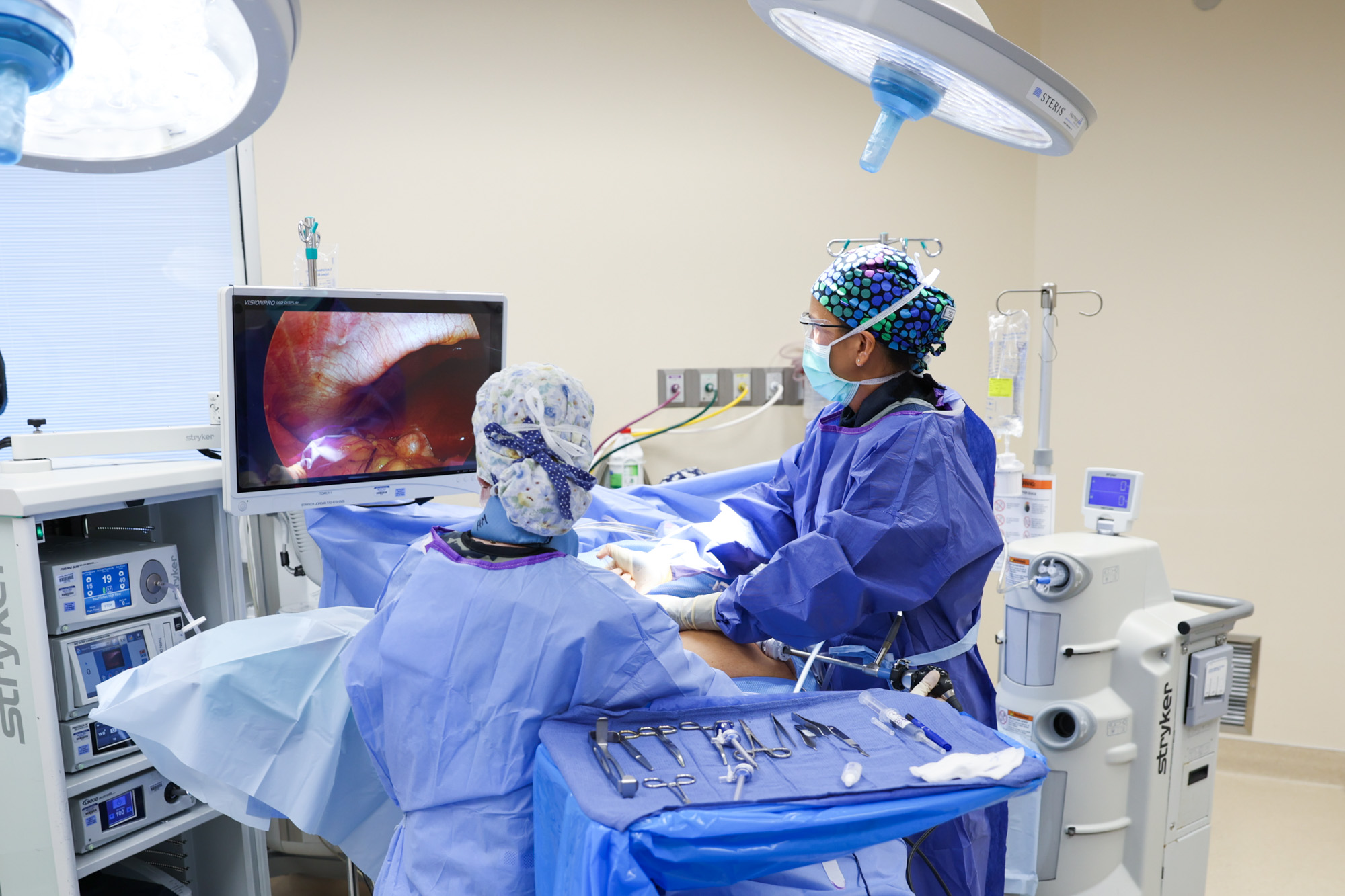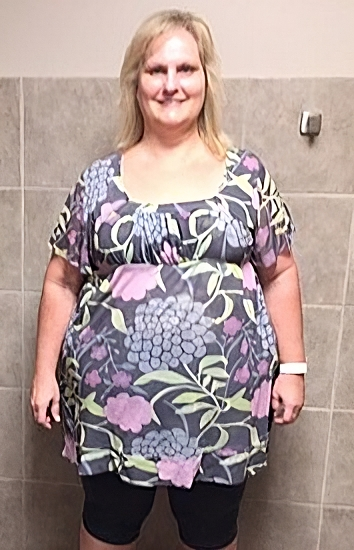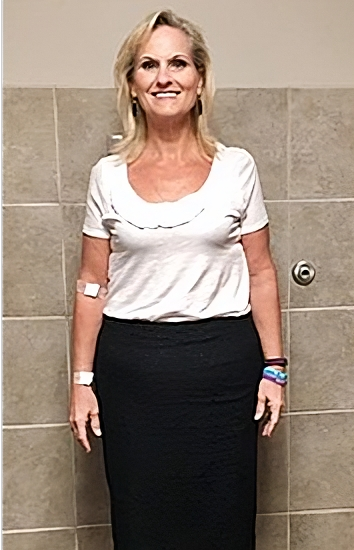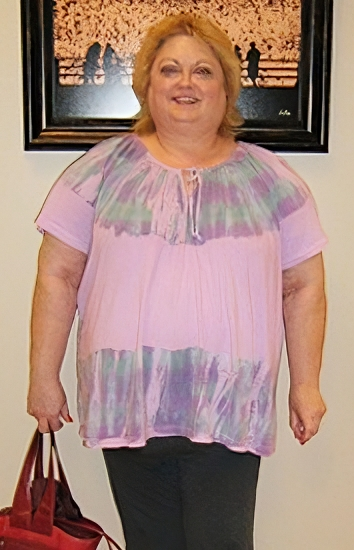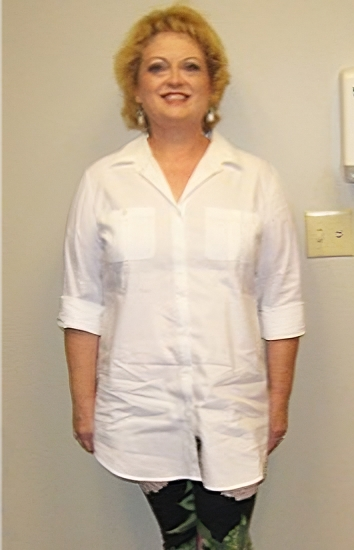Our bariatric surgeons in Cedar Park believe that it’s important for patients to make an informed, educated decision about their surgical weight loss options, and their health care in general. Many patients are concerned about the risks and potential complications associated with laparoscopic Roux-en-Y gastric bypass surgery.
Fortunately, the risks of laparoscopic surgery are low when the surgery is performed by experienced and board-certified surgeons such as Dr. Abando and Dr. Basa.
In rare cases, patients may experience one of the following complications from Roux-en-Y gastric bypass surgery:
Anastomotic leakage: In a very small percentage of gastric bypass cases, the surgical connection between the stomach and the bowl leaks, causing complications.
Nutritional Deficiencies: Since the procedure reroutes part of the digestive tract, food is absorbed differently after surgery. Patients are at a risk for nutritional deficit if they do not follow the nutritional guidelines recommended by our surgeons. We provide comprehensive information to all of our gastric bypass patients, including suggestions as to the supplements and vitamins that will keep them healthy and feeling good.
Dumping Syndrome: Dumping syndrome occurs when the patient eats too quickly, or eats a food that is high in sugar and/or fat, and the stomach rapidly empties this food into the intestine. It can be extremely uncomfortable, but avoided by consulting with our surgeons and staff members about smart dietary choices.
Blood clots: Patients are at a risk for blood clots after their weight loss operation, although this risk is significantly diminished with the use of compression garments and light walking, post-surgery.
Infection: The incisions in the abdomen could become infected after surgery; the proper use of antibiotics, respiratory therapy, and gentle activity reduces this risk.
Hernia: Patients may develop an internal or incisional hernia, although the risk is significantly lessened when laparoscopic surgery is performed.
Gallstones: A small percentage of surgical weight loss patients develop gallstones after their procedure. The gallstones may be removed during laparoscopic gallbladder surgery.
One of the biggest risks that a bariatric surgery patient faces is the failure to lose adequate weight. The effects of bariatric surgery can be successful only if the patient commits him or herself to a certain post-operative lifestyle, including significant changes in diet and exercise habits. If the patient cannot commit to healthy eating, regular exercise, and continued emotional support, he or she may continue to experience co-morbidities, and even risks premature death from obesity-related complications.
We welcome you to contact our Cedar Park practice, serving the Austin community, to speak with us about the risks and potential complications from bariatric surgery.
